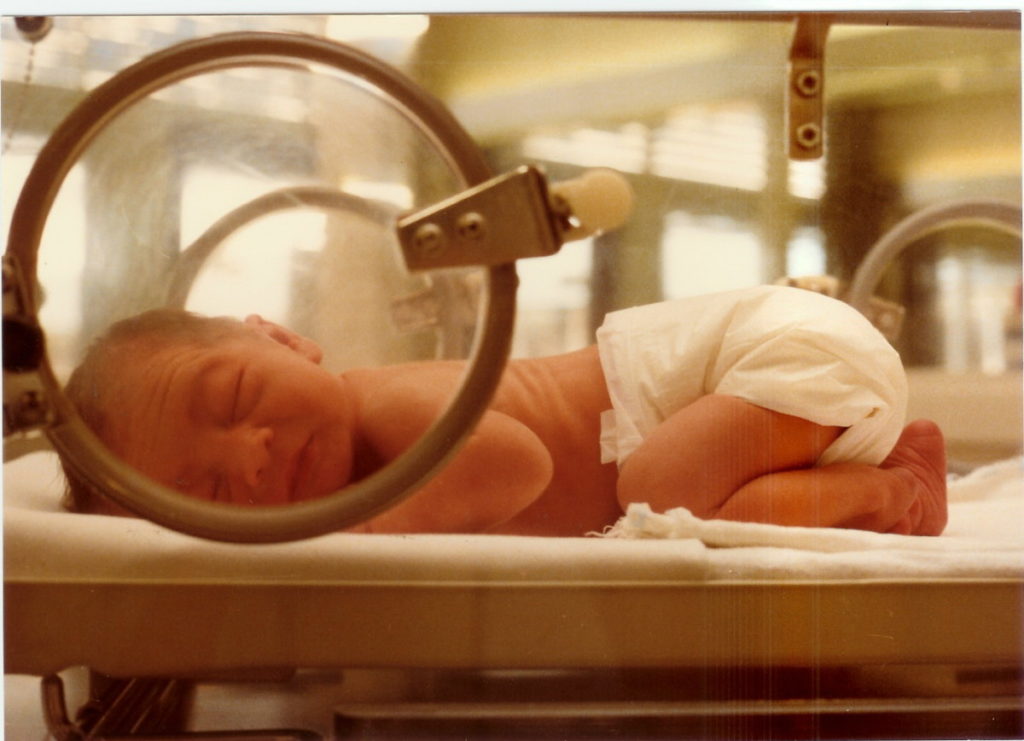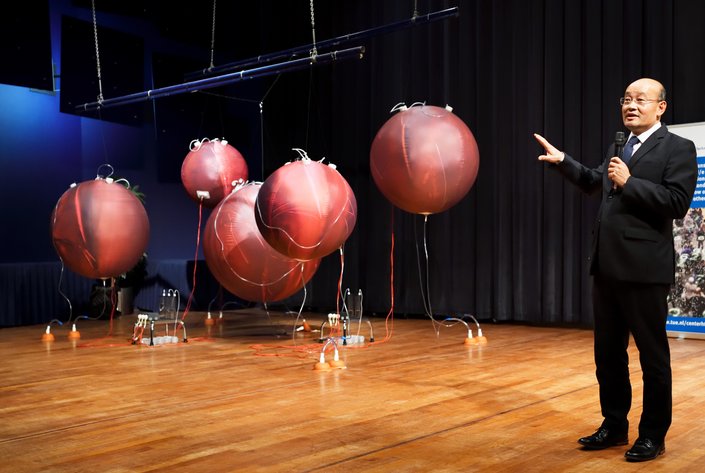Researchers from Eindhoven University of Technology have been granted 2.9 million euros from the Horizon 2020 EU programme to build a prototype for an artificial womb. If successful, the technology will provide babies with artificial respiration.
The artificial womb is a game-changer
Babies born prematurely that are put in incubators often suffer long-term complications because their lungs and intestines are not fully developed and vital oxygen and nutrients cannot be absorbed. But the incubator does not successfully save every child and at present, one million babies die worldwide due to prematurity.

The artificial womb mimics biological conditions and envelopes the baby with fluids that allow the nutrients and oxygen to be absorbed properly.
Guid Oei, a professor at the Dutch university and gynaecologist at the nearby Maxima medical centre, told the Guardian, “when we put the lungs back underwater then they can develop, they can mature, but the baby will receive the oxygen by the umbilical cord, just like in the natural womb.”
Oei continues, “with each day a foetus of 24 weeks continues to develop in an artificial womb, the chances of survival will increase. If we are able to prolong the foetal development of these children in the artificial womb to 28 weeks, we will have reduced the most serious risk of premature mortality to 15%.”

How long will it take to build?
The team working on the prototype hope to launch the artificial womb in clinics in five years time. If they succeed, it would be the world’s first.
3-D printed babies
Oei said that he and his colleagues will harness the capabilities of 3-D printing to develop their prototype and print babies to trial in the artificial womb. The babies will be fitted with sensors that enable the developers to align the artificial womb with the experience of being inside a mother’s womb. For example, the sound of a mother’s heartbeat will play in the artificial womb.
“When they are in this environment, they just feel, and see, and smell, and hear the same sounds as when they are in the womb of the mother, Oei told the Guardian.
The moral dilemma
Some scientists have queried the ethics of such a prototype. Elizabeth Chloe Romanis, a lawyer at the University of Manchester, has questioned what babies should the artificial womb first be tested on? and how do we know what the long-term implications might be?
She told the Guardian, “the law treats foetuses and babies very differently, so how does the subject of the artificial womb fit in? Is it possible to turn off the artificial womb, and in what circumstances? It is clear that the legal and ethical issues emerging from the technology must be talked about now, in advance of the artificial womb becoming a reality”.

